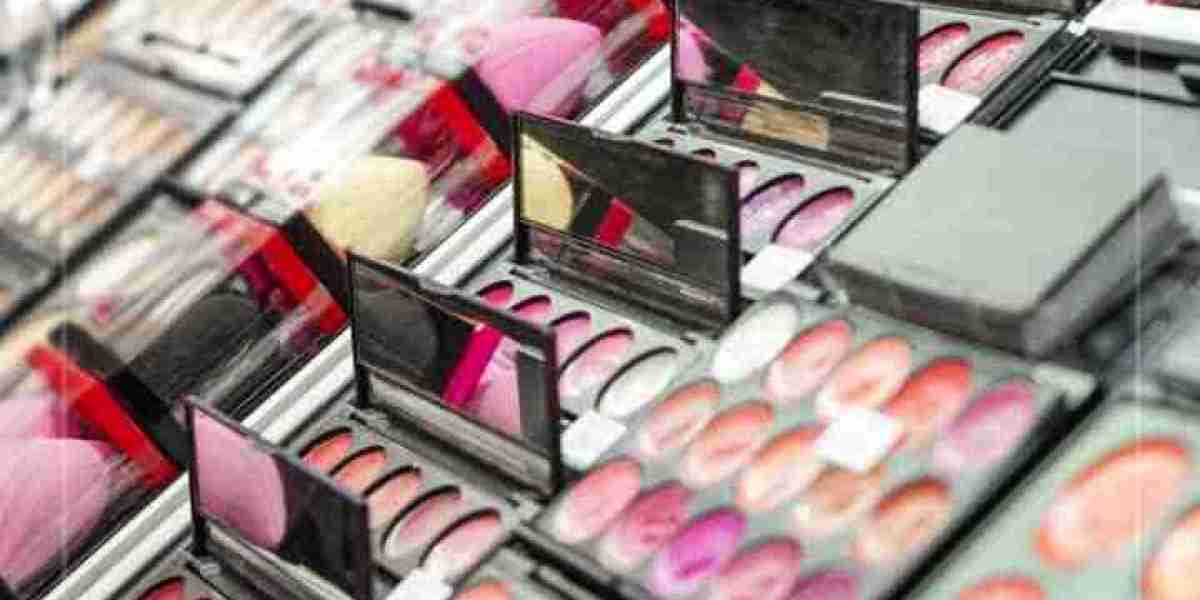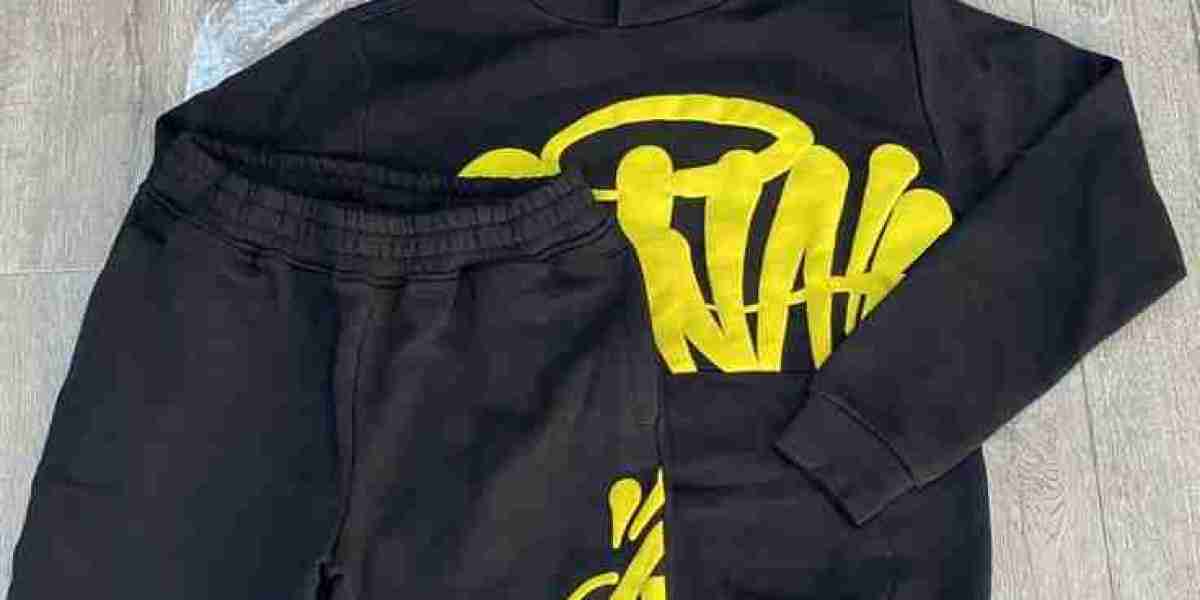The makeup market is undergoing a significant transformation as consumer demand for ethical and sustainable beauty products continues to rise. Vegan and cruelty-free cosmetics are reshaping industry standards, influencing purchasing decisions, and driving sales growth. As brands increasingly embrace these ethical formulations, the market is witnessing a shift toward transparency, sustainability, and responsible beauty.
1. The Rise of Vegan and Cruelty-Free Beauty
Vegan and cruelty-free makeup has gained widespread popularity due to growing consumer awareness of animal welfare and environmental concerns. These products exclude animal-derived ingredients and are not tested on animals, aligning with ethical and sustainability values. Social media activism, documentaries, and increased transparency in the beauty industry have contributed to the surge in demand for ethical cosmetics.
2. Consumer Preferences Shaping the Market
Today’s beauty consumers prioritize ethics and sustainability when making purchasing decisions. Younger generations, particularly Millennials and Gen Z, actively seek brands that align with their values. Certifications such as PETA’s cruelty-free logo and the Leaping Bunny certification have become influential factors in brand credibility. Consumers are willing to pay a premium for makeup products that reflect their ethical choices, leading to higher sales for brands embracing vegan formulations.
3. Leading Brands Adopting Vegan and Cruelty-Free Practices
Several top beauty brands have successfully transitioned to vegan and cruelty-free formulas, setting new industry standards. Some notable examples include:
Fenty Beauty – Offers a wide range of cruelty-free products, prioritizing inclusivity and ethical beauty.
Too Faced – Known for its 100% cruelty-free commitment with select vegan offerings.
Urban Decay – Promotes a cruelty-free philosophy with vegan product lines.
Milk Makeup – 100% vegan and cruelty-free, focusing on clean beauty and minimal ingredients.
Rare Beauty by Selena Gomez – A cruelty-free brand supporting mental health initiatives. These brands demonstrate that ethical beauty is not just a trend but a profitable business model.
4. Regulatory Changes and Industry Shifts
Government regulations worldwide are also pushing the beauty industry toward cruelty-free practices. The European Union has banned animal testing for cosmetics, influencing other regions to follow suit. Major markets like China, historically known for requiring animal testing, have revised regulations to allow cruelty-free imports. These changes encourage brands to adopt vegan and cruelty-free formulations to expand their global reach.
5. Sustainability and Ethical Ingredient Sourcing
Vegan cosmetics often go hand in hand with sustainability efforts. Many brands are focusing on eco-friendly packaging, ethical ingredient sourcing, and reducing their carbon footprint. Plant-based alternatives to traditional animal-derived ingredients, such as synthetic beeswax and plant-based collagen, are becoming more common. This shift not only benefits the environment but also attracts environmentally conscious consumers.
6. Future of Vegan and Cruelty-Free Makeup
The demand for ethical cosmetics is expected to continue growing, prompting more brands to reformulate their products and obtain cruelty-free certifications. Innovations in lab-grown ingredients, biodegradable packaging, and sustainable supply chains will further revolutionize the industry. Brands that fail to adapt to this ethical shift risk losing relevance in an increasingly conscious market.
Conclusion
The makeup market evolution is being shaped by the rise of vegan and cruelty-free beauty products, significantly impacting sales and consumer preferences. Ethical considerations are now at the forefront of beauty industry trends, with brands embracing cruelty-free and plant-based formulations to stay competitive. As sustainability and transparency continue to drive purchasing decisions, the future of beauty lies in ethical innovation and responsible consumerism.




